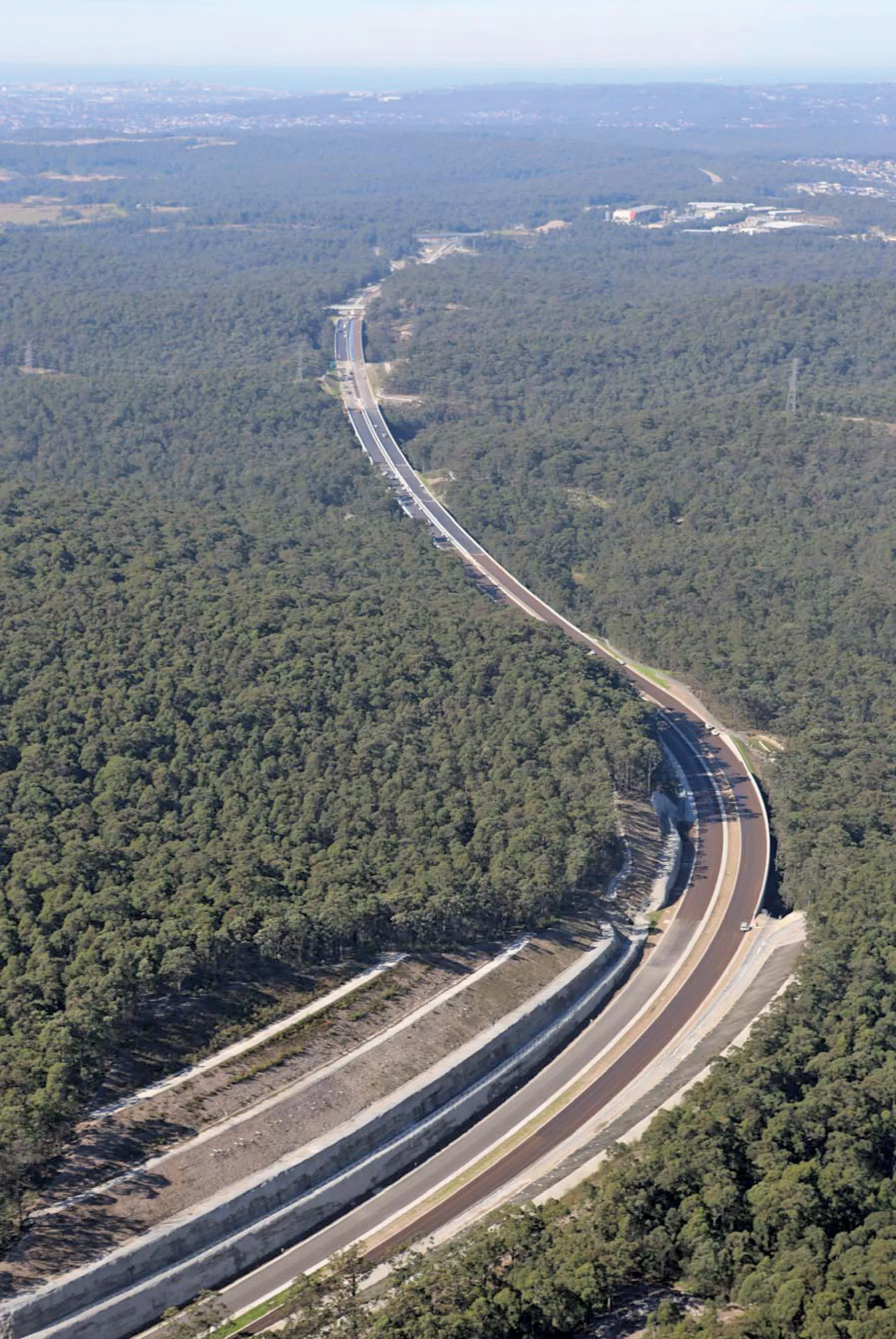Italian civil engineering group Astaldi has underwritten a €4.5 billion (US$5 billion) loan towards the Turkish motorway project of Gebze-Orhangazi-Izmir, which is worth an overall €5.65 billion ($6.4 billion).
According to the La Repubblica newspaper, the loan facility will be used to complete the 301km last stretch of the motorway and link the city of Bursa, south of the Sea of Marmara, and the Aegean port of Izmir.
Part of the loan will be used to refinance stretches that are under construction for
June 18, 2015
Read time: 2 mins
Italian civil engineering group 1324 Astaldi has underwritten a €4.5 billion (US$5 billion) loan towards the Turkish motorway project of Gebze-Orhangazi-Izmir, which is worth an overall €5.65 billion ($6.4 billion).
According to the La Repubblica newspaper, the loan facility will be used to complete the 301km last stretch of the motorway and link the city of Bursa, south of the Sea of Marmara, and the Aegean port of Izmir.
Part of the loan will be used to refinance stretches that are under construction for the Gebze-Orhangazi-Bursa link.
The pool of Turkish creditor banks include Akbank, Garanti Bankasi and Yapi Kredi.
The overall project includes a 3.3km Izmit Bay suspension bridge and will be, when finished, a 377km six-lane motorway with 44km of access roads. The project was started in October 2010 and is set to be completed by 2018. It will shorten the distance between Gebze and Izmir by more than 140km.
Also being built are 30 viaducts totalling 18.21km, four tunnels totalling 7.4km and more than 200 bridges.
The project also includes 18 toll collection centres, five maintenance and operation centres, seven service areas and seven park areas.
The project’s first phase is the 53km Gebze-Orhangazi section, for which an engineering procurement and construction (EPC) contract worth nearly €4.67 billion was awarded to the joint venture NOMAYG in late 2011. The Izmit Bay suspension bridge is within this section.
According to the La Repubblica newspaper, the loan facility will be used to complete the 301km last stretch of the motorway and link the city of Bursa, south of the Sea of Marmara, and the Aegean port of Izmir.
Part of the loan will be used to refinance stretches that are under construction for the Gebze-Orhangazi-Bursa link.
The pool of Turkish creditor banks include Akbank, Garanti Bankasi and Yapi Kredi.
The overall project includes a 3.3km Izmit Bay suspension bridge and will be, when finished, a 377km six-lane motorway with 44km of access roads. The project was started in October 2010 and is set to be completed by 2018. It will shorten the distance between Gebze and Izmir by more than 140km.
Also being built are 30 viaducts totalling 18.21km, four tunnels totalling 7.4km and more than 200 bridges.
The project also includes 18 toll collection centres, five maintenance and operation centres, seven service areas and seven park areas.
The project’s first phase is the 53km Gebze-Orhangazi section, for which an engineering procurement and construction (EPC) contract worth nearly €4.67 billion was awarded to the joint venture NOMAYG in late 2011. The Izmit Bay suspension bridge is within this section.






